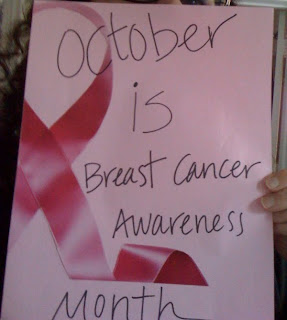Whole Foods Market Takes a Stand Against Greenwashing

While the USDA has clear standards that govern how organic food is grown, processed and sold the same cannot be said for the largely unregulated personal body care products industry that has flooded the market with lotions and potions that claim to use "organic" or "natural" ingredients. Many of these so-called "natural" products contain nearly unpronounceable multisyllabic chemical compounds that cause cancer, endocrine disruption, organ system toxicity, developmental/reproductive toxicity, allergies/immunotoxicity, neurotoxicity, and bioaccumulation to name a few of their known dangers. Despite the fact that many personal care products claim to be certified organic, not all that lay such claims really are what they claim to be. Since the USDA doesn't yet police this industry the consumer is left trying to figure out which of their products are safe, and thanks to organizations like The Environmental Working Group this is no longer the daunting task that it once was.
Whole Foods has made the bold proactive step to stop the "Greenwashing" of beauty care products by requiring that all of their vendors adhere to the USDA organic food guidelines when emblazoning such claims on their labels. Thus effective June 11, 2011 all body care products that claim to be organic will be held to the same organic food certification standards that apply to food.
The Whole Foods guidelines require the following specific disclosures:
1) If a product claims to be "organic," like food, it must be certified to the USDA NOP standard. This certification requires that the ingredients are 95% organic. The ingredients used in the remaining 5% are subject to strict restrictions on the allowable ingredients used.
2) If a product claims to be "made with organic ingredients," then at least 70% of the ingredients must be certified organic. The ingredients used in the remaining 30% are subject to strict restrictions on the allowable ingredients used.
3) If a product claims to "contain organic ingredients," it must be certified to the NSF International Joint Committee on Organic Personal Care Standard, which requires that at least 70% of the ingredients will be certified organic. The remaining 30% must adhere to the NSF's list of allowable ingredients.
This bold move by Whole Foods will go a long way toward creating transparency in the ingredients used in the products that they sell, but not everyone shops at Whole Foods. Whole Foods is ostensibly doing what the USDA has thus far failed to do. This is a huge step in the right direction, but it is my hope that the USDA will take this issue seriously and will begin to regulate organic body care products as it does food. Everyone should know what they are buying not just the people who shop at Whole Foods.


Comments
Post a Comment